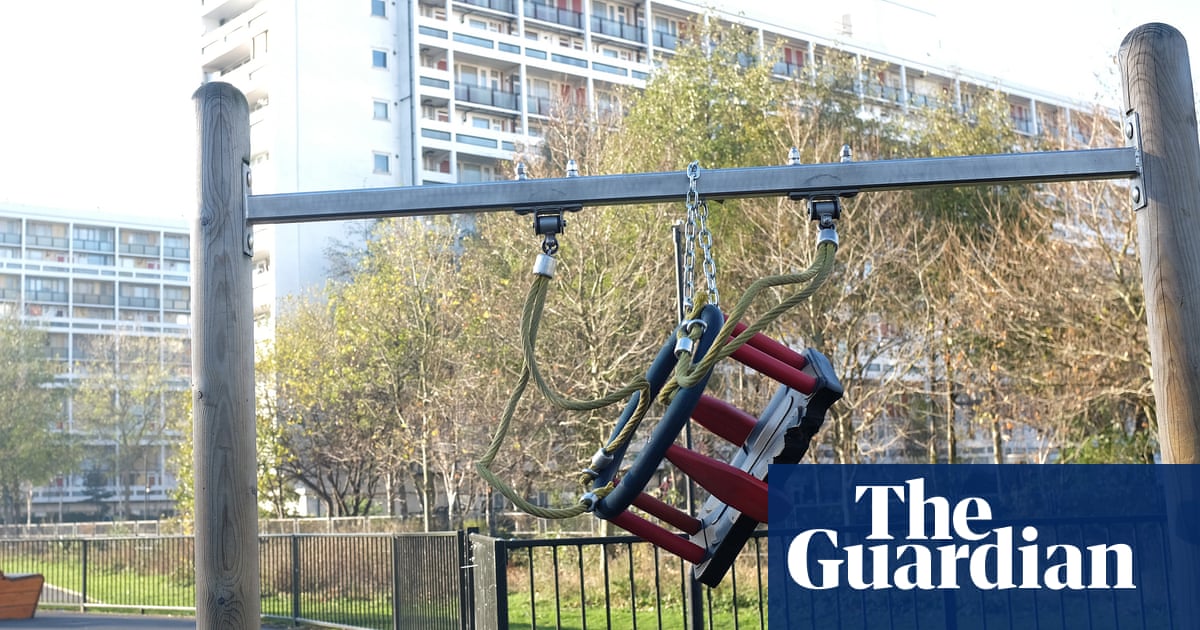
"The study found that children from the high affluence group had telomeres 5% longer on average compared with children from a low affluence group."
"Academics at Imperial College London looked at data from 1,160 children aged between six and 11 from across Europe, revealing socio-economic impacts on aging."
"Cortisol levels of children from medium and high affluence groups were significantly lower than those from low affluence groups, indicating environmental stress factors."
"The authors acknowledged limitations in the study, emphasizing it shows the environmental impact on a known marker of aging rather than genetics."
A study by academics at Imperial College London highlighted that children from poorer backgrounds have shorter telomeres, implying they age biologically faster than children from wealthier families. Researchers analyzed data from 1,160 children aged six to 11 across Europe, measuring telomere length in conjunction with family affluence scores. The findings indicate a 5% shorter telomere length in low-affluence children and also lower cortisol levels in wealthier groups, accentuating the stress of socio-economic factors on health and growth. Although there are limitations, the research underscores the role of environment on biological aging markers.
Read at www.theguardian.com
Unable to calculate read time
Collection
[
|
...
]